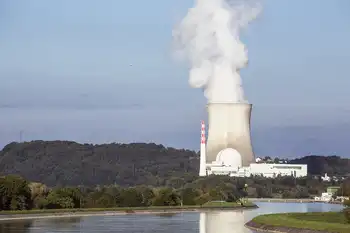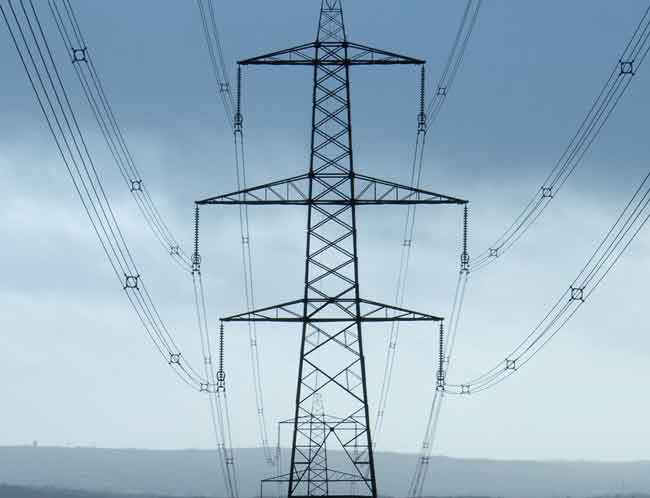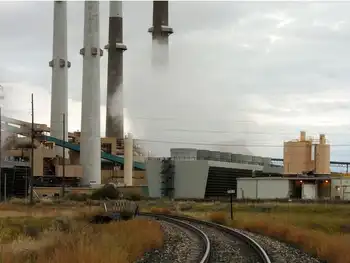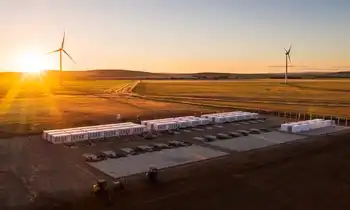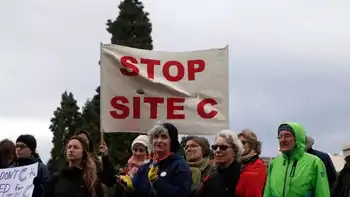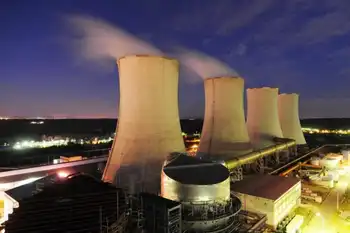AECL rapped for touting Candu design
By Toronto Star
Substation Relay Protection Training
Our customized live online or in‑person group training can be delivered to your staff at your location.

- Live Online
- 12 hours Instructor-led
- Group Training Available
Infrastructure Ontario's rules explicitly forbid bidders – including their partners, employees, advisers and representatives – from publicly promoting their qualifications or the merits of their technology in relation to the bidding process.
"AECL has been cautioned to discontinue behaviour that is not in keeping with the spirit of (the rules)," according to a notice recently sent by the agency to all bidders. Infrastructure Ontario provided no other details, citing confidentiality.
Lorne Burger, a spokesperson for the agency, said the rules are there for a reason. "We're trying to maintain the integrity of the process. We tell vendors about the restrictions and we take the restrictions very seriously."
AECL, leading a group of partners called Team Candu, is competing against France's Areva NP and U.S. giant Westinghouse Electric to supply between two and four reactors to Ontario.
Sources said the Organization of Candu Industries (OCI), a group representing 107 companies that work with Candu technology, is likely at the heart of the warning. The group has been encouraging its members to write letters to "elected representatives and media" in support of Candu technology to "set the record straight about misconceptions."
In 2006, OCI became an associate member of Team Candu, a group of companies including AECL that is bidding on the Ontario reactor business. A spokesperson for AECL declined comment, citing the communication restrictions.
Steve Aplin, head of energy consulting with Ottawa-based HDP Group Inc., said the communication ban is there to create a level playing field for what will ultimately be a closely scrutinized political decision.
"It is frustrating there is a ban," he said. "The bottom line is that all three vendors are going to produce reactors that will give you decent performance over their life. If that's the case, what criteria do we use to evaluate the bids?"
The ban means AECL can't play up its home team strengths to win public or political support, including any economic advantages it might have related to its local supply chain.
It also means its rivals can't draw attention to AECL's recent fumbles, including the Chalk River isotopes fiasco, the subsequent billion-dollar lawsuit from MDS Inc. – and sloppy record-keeping on the Bruce Power restart project.
The Crown corporation's rivals aren't without their own troubles. Recent news of uraniumn leaks at two separate Areva nuclear sites in France have led to public uproar in that country. Areva's first next-generation reactor project, in Finland, is two years delayed and $1.5 billion over budget. A small fire at the site last week is expected to delay the project even further.
Aplin said Westinghouse, the leading U.S. supplier, is riding high on reactor sales to the Chinese, where ground was broken last week on the first reactor unit. "But that doesn't mean Westinghouse hasn't had its own mishaps over the years."
Meanwhile, AECL and Team Candu member SNC Lavalin recently wrote Gary Lunn, the minister of natural resources, requesting that the federal government provide billions of dollars in financing to help AECL compete with its better-funded rivals in Ontario, according to reports.
Team Candu is also asking Ottawa to cover potential cost overruns, which Ontario has made clear it will not shoulder.
"It's nothing that Areva and Westinghouse are also not getting," said Aplin.
"They're each getting the support of the French and American governments."
But Shawn-Patrick Stensil, who tracks the nuclear industry for Greenpeace Canada, said the whole point of creating Team Candu was to bring together a handful of large companies capable of shouldering the risk on their own.
"They're now reversing on Team Candu and this proves it's not working.
"Now they're coming hat in hand to the government."





